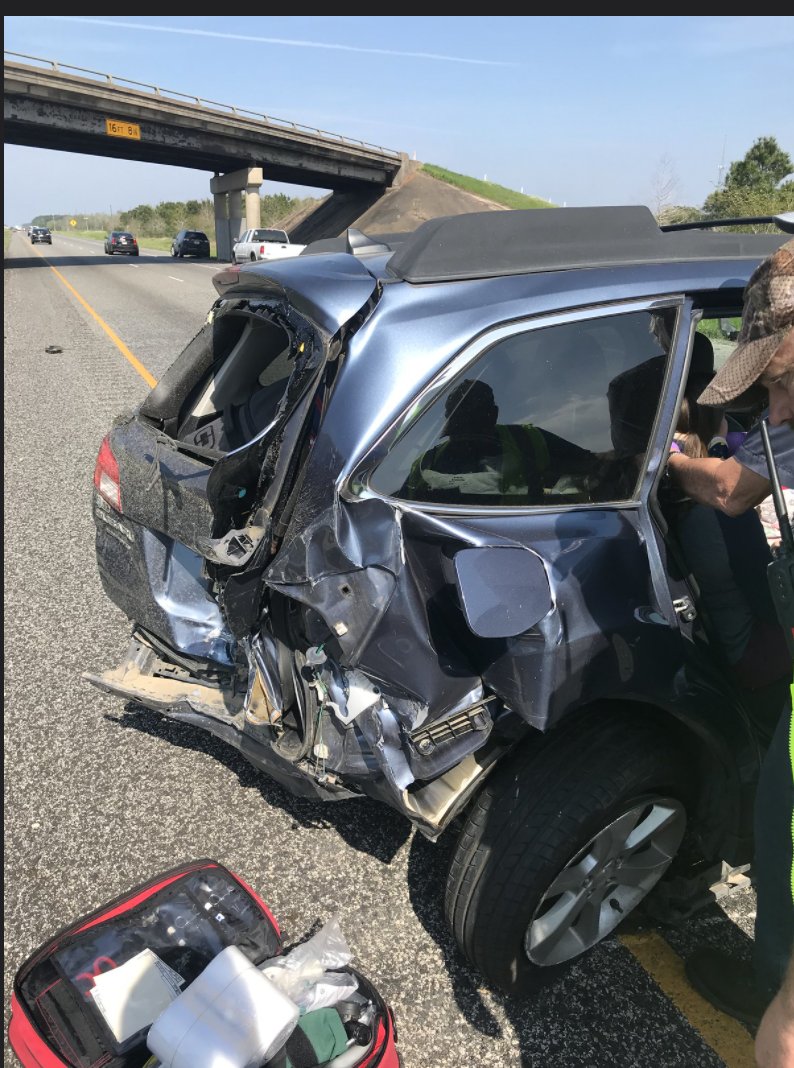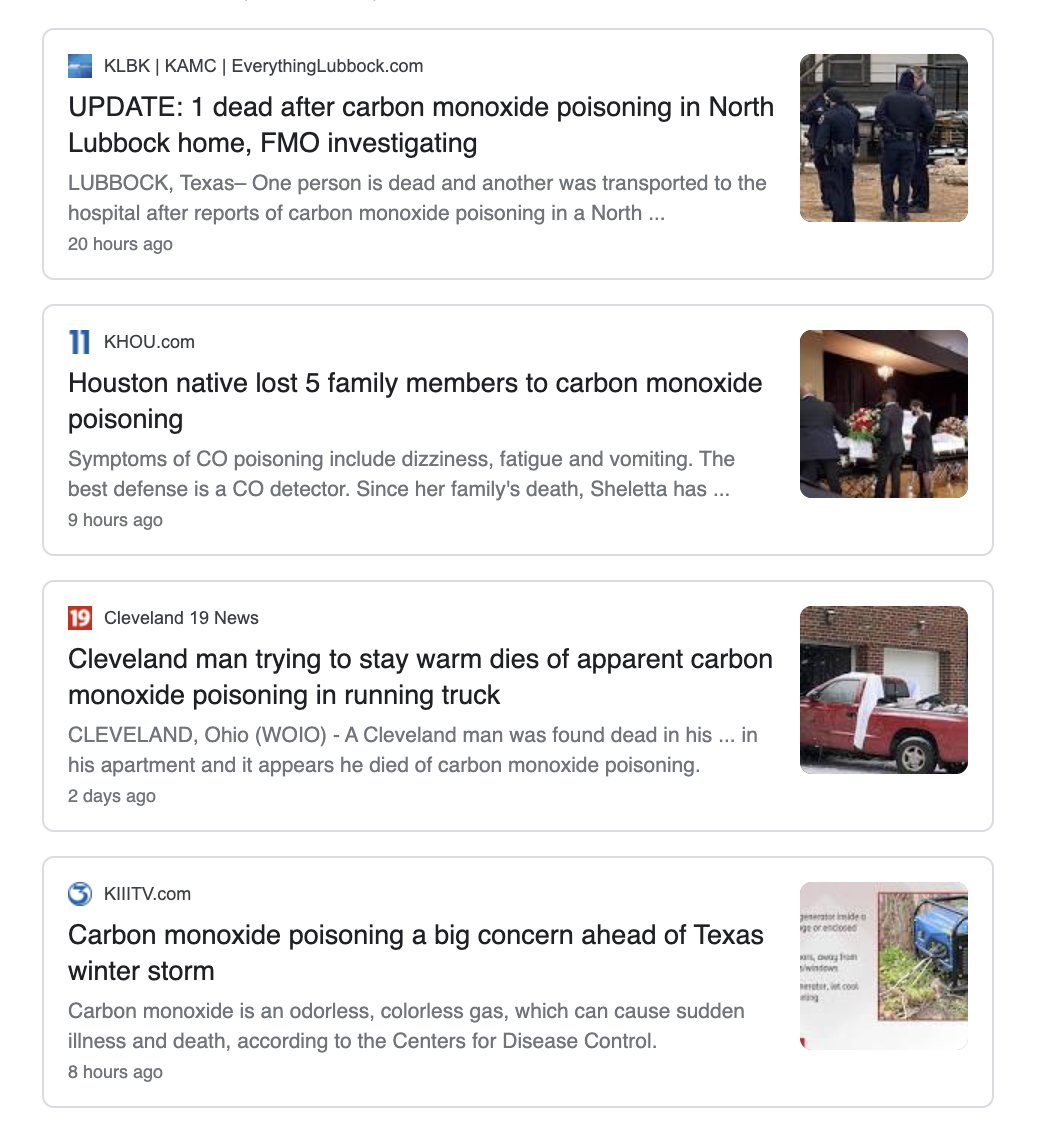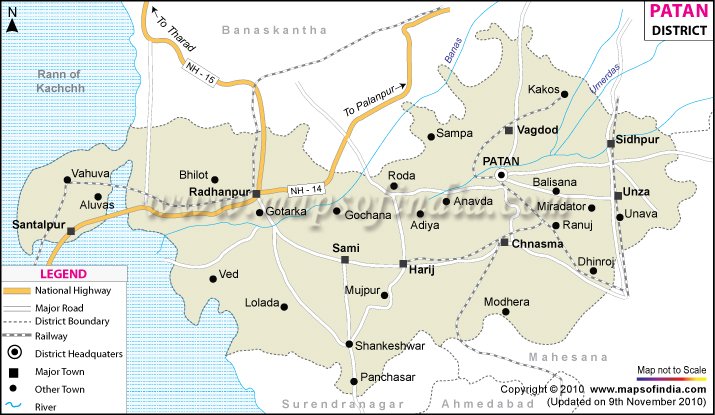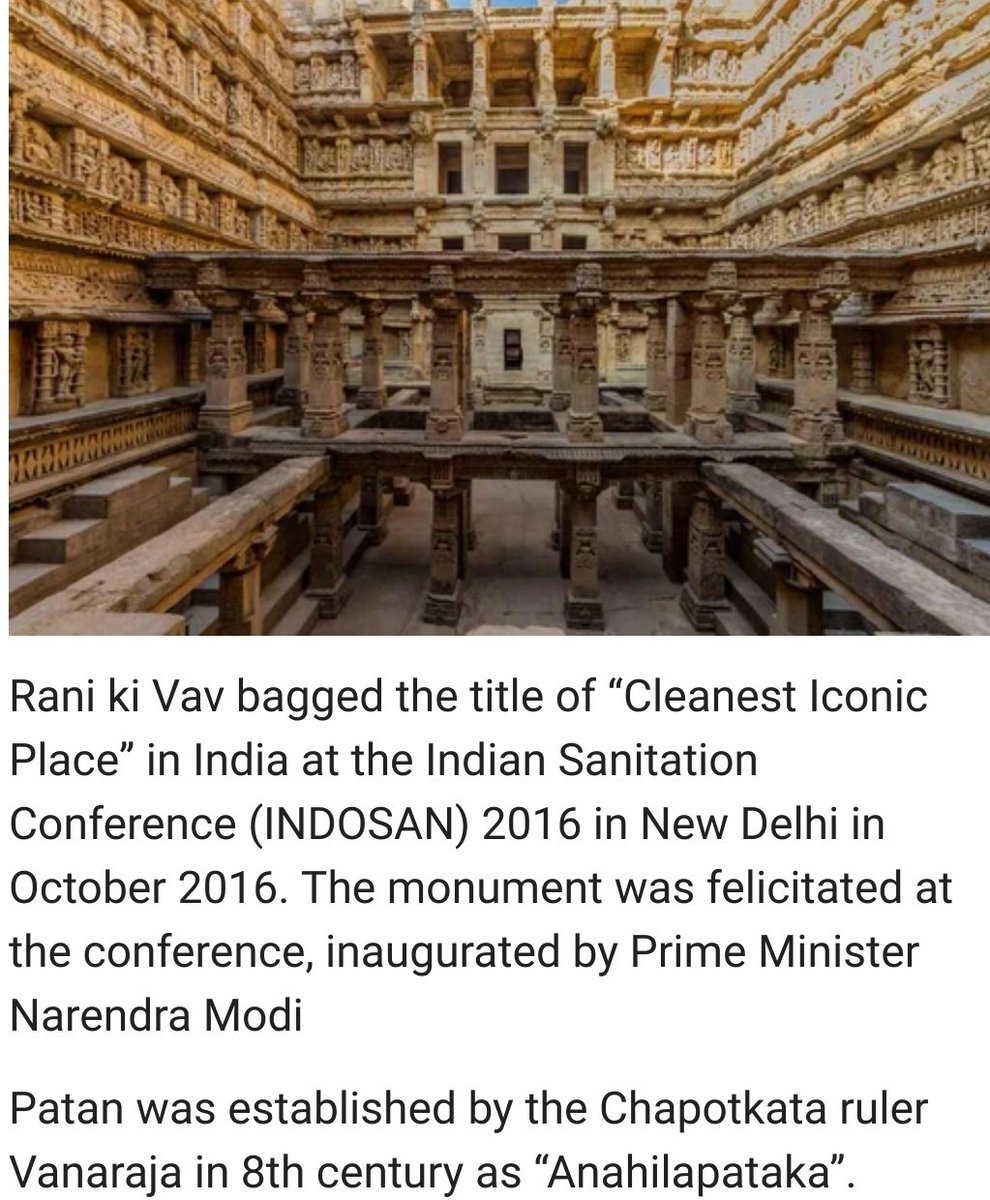At the root of my work is safeguarding human life. I support a massive buildout of public transit because it makes life fundamentally better, reduces greenhouse emissions, and saves lives. 1/


More from Legal
In light of this serious cyber attack and this being the second in a row that I've heard in the past few weeks, I'd like to take this moment to talk about the cyber attack known as #phishing so that others do not fall prey to it and stay safe online.
Thread starts:

2/
Phishing is usually a means of contacting you by impersonation to gather data, oversimplifying it. This can happen in several ways:
1. URL similarities: Usually when people visit a webpage, most people never check the URL (Uniform Resource Locator). For example, a fake URL of

3/
https://t.co/x0brAMyKgF would be https://t.co/HrdE9hklv1. Seem the same, right? No. I've replaced one single character of "L" in @Google with "I". Therefore, your entire data would be redirected to the server that is hosting GOOGIE, instead of GOOGLE. This is commonly
4/
hackers perform cyber attacks. However this is only one of many.
Many people might forward you genuine links with small "add-ons" which enter your system like a Trojan Horse. A beautiful meme of keyboard cat on the outside but a vicious data-mining link on the inside.
Plus

5/
There's also other means of doing this. And you might think "But dude, who's stupid enough to fall for it?"
LOTS of UNINFORMED people are.
2020 was a record breaking year for phishing websites and attacks as per @techradar. It's not just through
You May Also Like
Like company moats, your personal moat should be a competitive advantage that is not only durable—it should also compound over time.
Characteristics of a personal moat below:
I'm increasingly interested in the idea of "personal moats" in the context of careers.
— Erik Torenberg (@eriktorenberg) November 22, 2018
Moats should be:
- Hard to learn and hard to do (but perhaps easier for you)
- Skills that are rare and valuable
- Legible
- Compounding over time
- Unique to your own talents & interests https://t.co/bB3k1YcH5b
2/ Like a company moat, you want to build career capital while you sleep.
As Andrew Chen noted:
People talk about \u201cpassive income\u201d a lot but not about \u201cpassive social capital\u201d or \u201cpassive networking\u201d or \u201cpassive knowledge gaining\u201d but that\u2019s what you can architect if you have a thing and it grows over time without intensive constant effort to sustain it
— Andrew Chen (@andrewchen) November 22, 2018
3/ You don’t want to build a competitive advantage that is fleeting or that will get commoditized
Things that might get commoditized over time (some longer than
Things that look like moats but likely aren\u2019t or may fade:
— Erik Torenberg (@eriktorenberg) November 22, 2018
- Proprietary networks
- Being something other than one of the best at any tournament style-game
- Many "awards"
- Twitter followers or general reach without "respect"
- Anything that depends on information asymmetry https://t.co/abjxesVIh9
4/ Before the arrival of recorded music, what used to be scarce was the actual music itself — required an in-person artist.
After recorded music, the music itself became abundant and what became scarce was curation, distribution, and self space.
5/ Similarly, in careers, what used to be (more) scarce were things like ideas, money, and exclusive relationships.
In the internet economy, what has become scarce are things like specific knowledge, rare & valuable skills, and great reputations.






















